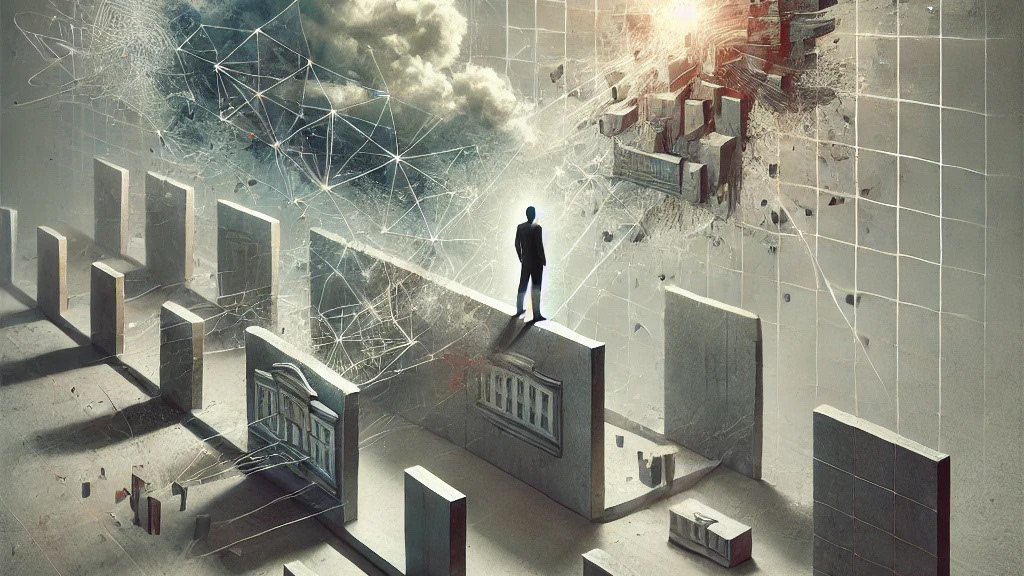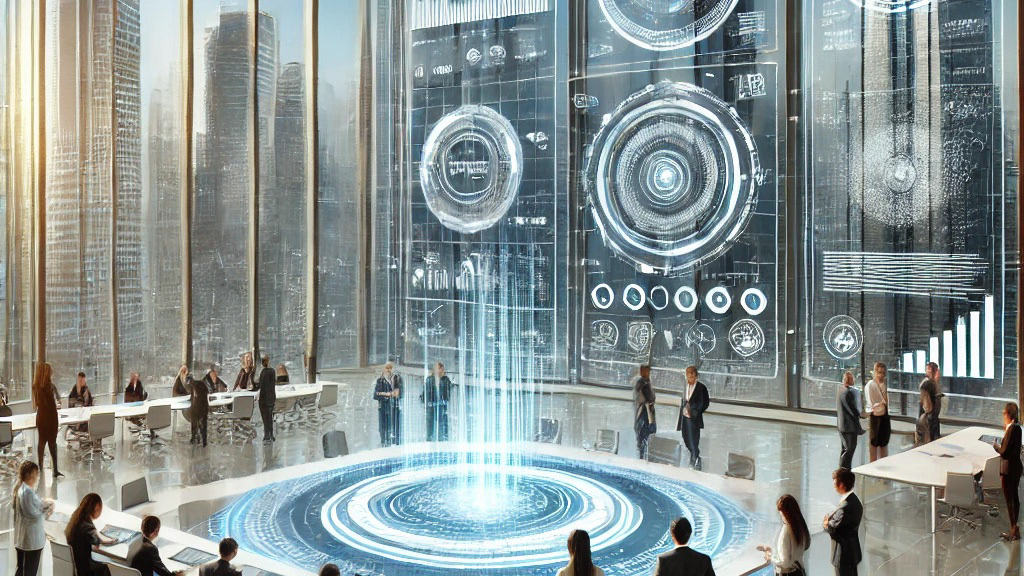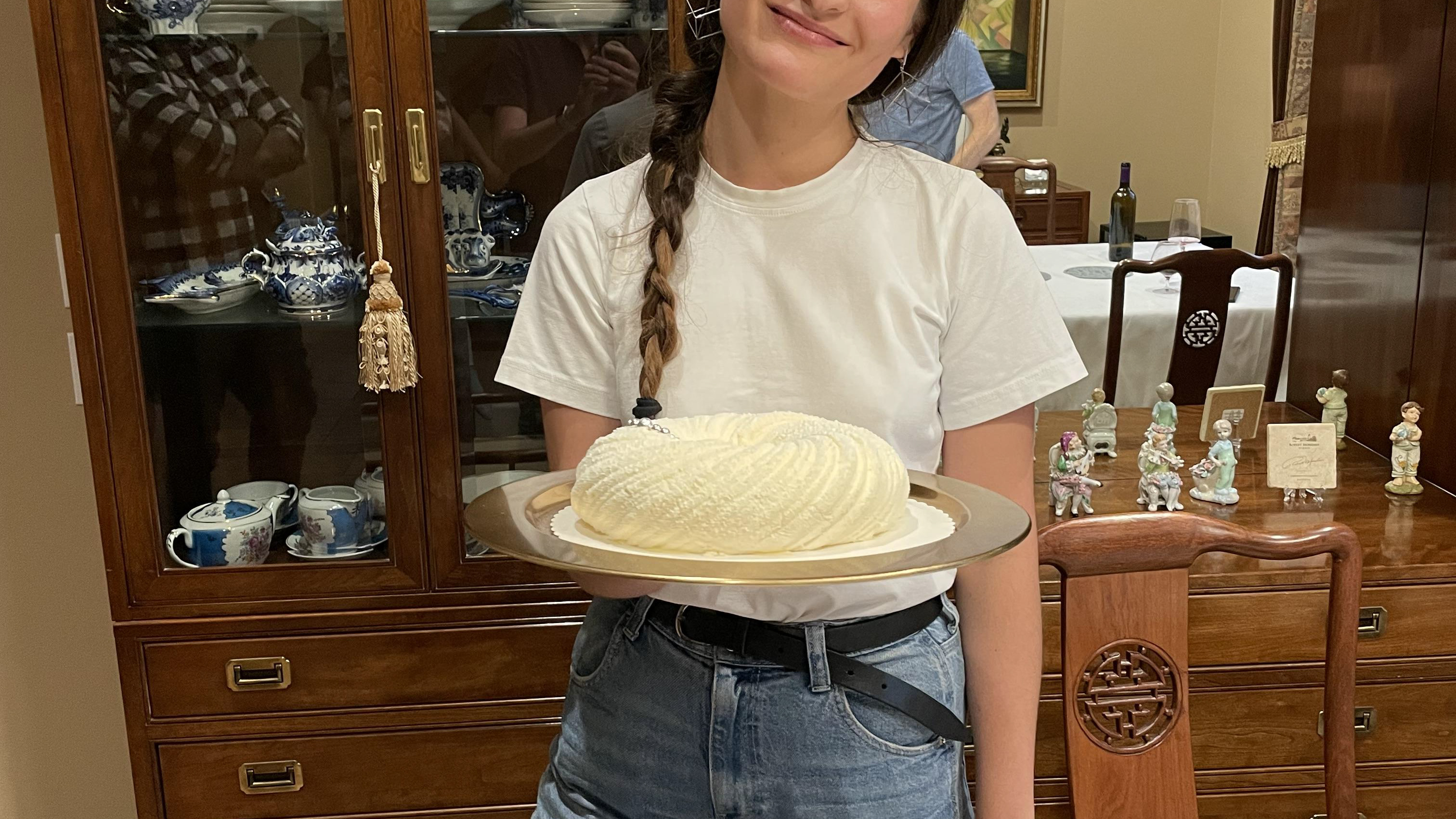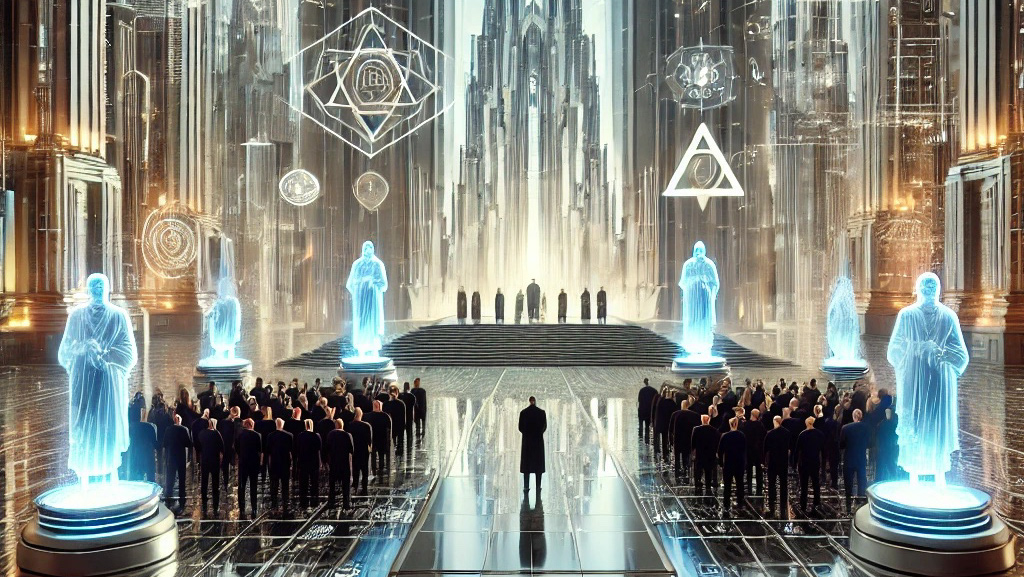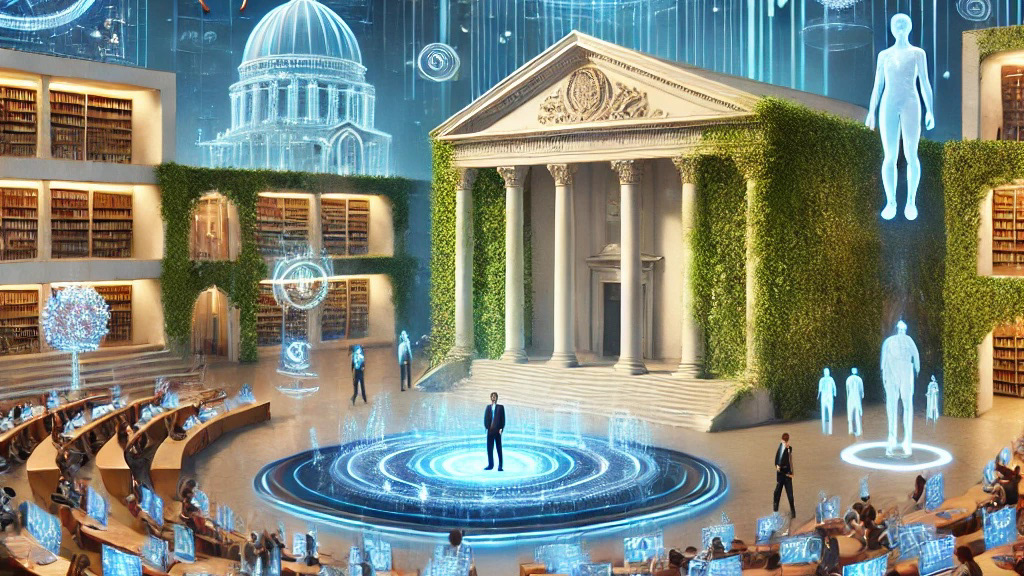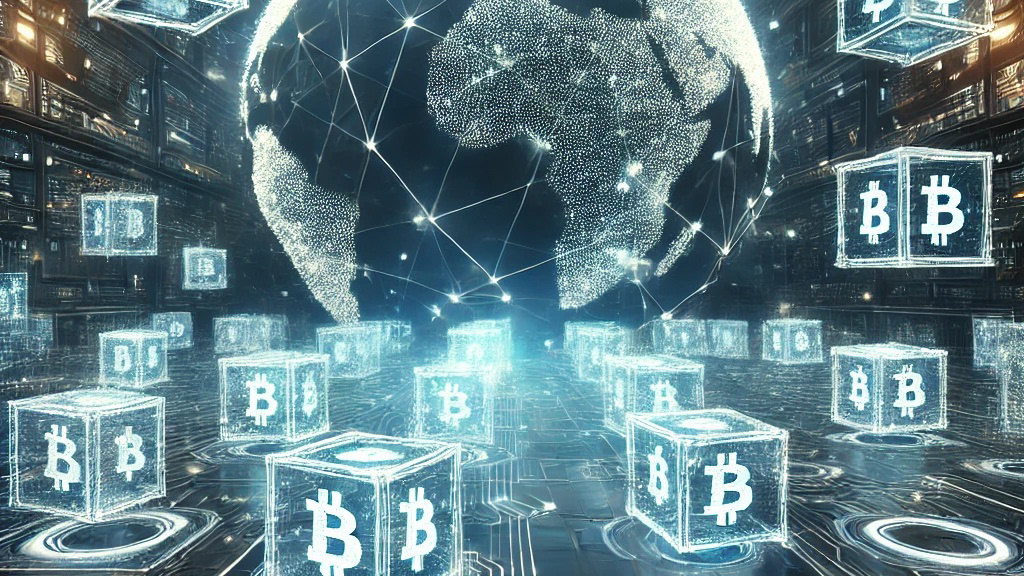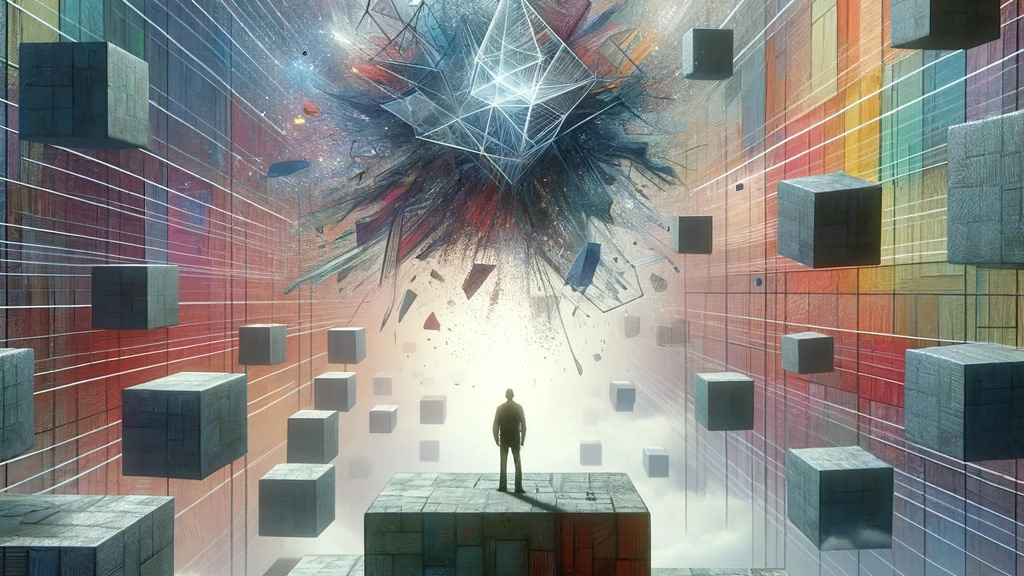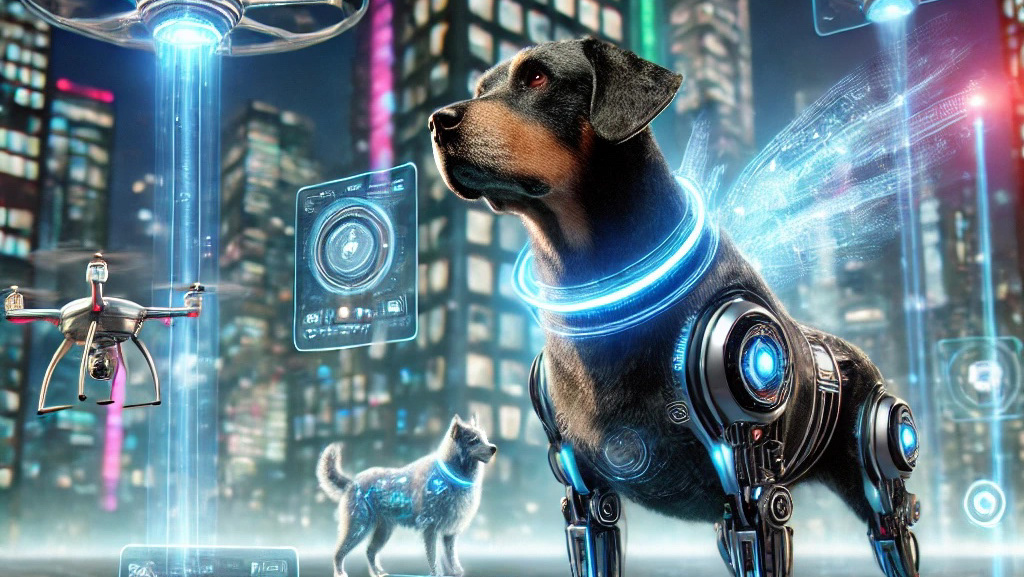Intellectual property is no more, ladies and gentlemen, or it will be no more soon.
Just like the wheel was re-invented when we started flying and VHS tapes were re-invented by innovations brought about by high internet bandwidth in every home, intellectual property is becoming obsolete, replaced by, well, not so intellectual property, if one can even call it property in the first place.
We don’t need to go far to understand the silly state of IP. Let’s look at photography as a basic example. When the concept was first invented, the photographer had to have a set of skills ranging from using equipment, to mastering angles, composition, and light. Photos were on film, which was expensive, had a limited number of photos it could store, and it required manual handling, such as developing film and photographs. If you took the photo wrong, it could take you days to find out and you may not have an opportunity to take another photo. So, at that time, this was a true form of art and it was labor intensive. It took time to learn the skill and it took human intellect to master it, hence it became known as intellectual property.
Today photography can be done by a five-year old, who can take an unlimited number of photos using a simple phone. This phone and a bunch of free apps can offer filters and AI to edit photos and turn them into Da Vinci quality masterpieces with a touch of a virtual button. Photography requires less intellectual work than it takes for a manufacturing worker to produce widgets in a sweat shop. Take it a step further with AI-generated images, and the human is not even in the loop anymore. Photography is no longer intellectual, and if images are produced by AI and offered to people for free, where they can dispose of them at any time, I am not sure they are property either.
Of course thinking of photography as IP was silly in the first place. If I design an art installation with my own intellect and a random Joe on the street takes a picture of it, he owns this picture as his IP. If I hire a software engineer who will use his true intellect to develop software, I will own the IP developed by him because I am his employer. Then why does the wedding photographer own the IP to pictures he made by brainlessly clicking buttons, while getting paid an hourly rate higher than that charged by truly intellectual software engineers? The fact that these guys charge $50 for each photograph they made while you paid them to click buttons is plain ridiculous. Just imagine hiring a software engineer to design software for you, paying him an hourly rate, and then he will own the software that you paid for, and you still have to pay him more to buy it out from him. More simplistically, imagine hiring a kitchen employee for your restaurant, paying him an hourly rate to flip burgers, and then having to buy these burgers from him?
But photography is not the only industry with IP hell. People use AI to generate music, write blog articles, drive cars and develop drugs. If I tell the software to generate a poem about monkeys, does this poem belong to me or to the AI? Or maybe to the person who created this AI? Of course the legal framework will say that it’s me, since I am the one who requested it, or it could be the AI software vendor, if it’s described,so in their contract. Fine! If I tell my self-driving car to get me to a restaurant and it drives for me, do I own the route generated or the logic used by the software to get there? Of course not! No one owns it because it’s just data generated by the software. Yet we think that AI-generated poetry, music, and drugs belong to us.
We could argue that the world is different, and perhaps it is for now. A drug developer will use AI but this work will only make up 10% of what’s needed to develop a drug, so it’s essential that they own it. But the state of AI In drug development is the same as photography was in 20 years ago. In a few decades, a patient will walk into a doctor’s office, get scanned at an atomic level and the software will analyze and custom make a drug for this exact patient for this specific condition. It will be a one of a kind drug and no one will care about owning it. This will neither be intellectual nor property.
Similarly, software will generate more music than one can listen to in a lifetime. Like Ariana Grande? Just ask AI to generate 1000 hours of music that sounds like her and specify that you want it upbeat. and the lyrics should be about frozen hedgehogs dancing polka on a boat. Does Ariana Grande own this IP? Or do you? Or does anyone even care?
AI is replacing everything. Back in 2013, I was ridiculed when I wanted to develop AI to completely replace software engineers. While I had some success for a limited number of use cases, OpenAI opened people’s minds with great demos and paved the road to the impossible. In the future, software engineers will largely be replaced, or at least they will look very different. Lab scientists will shift their work from lab experimentation to high level design, while AI will do the heavy duty work. AI will replace restaurant workers, lawyers, accountants, government bureaucrats, bus drivers, farmers, wedding photographers, artists and many other jobs. Robots will act on Broadway, make meals, babysit children, write books, and generate realistic movies in the cloud, without using a single human being or a single camera. Robots will become the best managers, doctors, and pilots. They will give us life advice and might even reinvent sexuality one more time by adding R to LGBTQ.
There won’t be much room for intellectual property in the world of AI. Sure we will continue to run businesses and they might rely on intellectual property to protect inventions. But this intellectual property will look different and the amount of it will be greatly reduced. AI will be able to generate so much of it that most of it will be looked at as disposable data.
Of course the road to the new world of intellectual property will not be that easy. People hate change. They will certainly push back. Government will take a decade to review IP laws, and of course, it will take a decade for people to even realize that such laws need to change. Lobbyists and politicians will paint a picture of the apocalypse. Masses of people will ask the government to make AI illegal. Someone will win the presidential election fighting for human rights against robots. In the meantime, AI will become smart enough to form a political party of its own. Millions of AI followers will fight for AI rights. It will culminate eventually when we will elect the first artificial president.
Get ready! This will be a fun ride!

